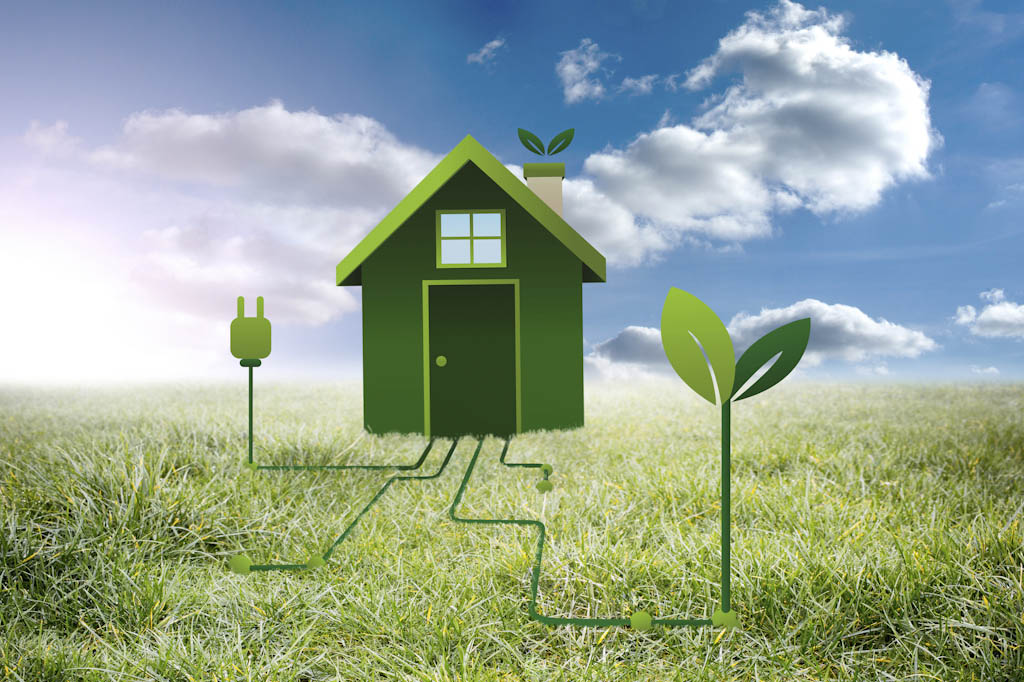Food & Water Action and residents from Edison and East Brunswick submitted more than 3,000 petitions calling on the councils in both towns to create a municipal energy aggregation program that would deliver 100% clean, renewable electricity by the year 2030.
The ordinance calls for the creation of an energy aggregation program, which allows municipalities to purchase energy at discounted bulk rates, and to set guidelines about the sources of electricity used by township residents, according to information provided by Food & Water Action.
“I support Edison implementing community choice aggregation for clean energy because it means we can use the power of bulk purchasing to achieve 100% renewable energy for our community at discounted prices,” said John Hsu, one of the petitioners who helped launch the initiative in Edison, according to the statement.
The program would be established in accordance with the Government Energy Aggregation Act, a state law enabling municipalities to set up these bulk purchasing arrangements.
Under the Faulkner Act, residents of some municipalities can directly petition local governments to consider a specific ordinance. Once presented with an ordinance, a governing body can either pass the ordinance as presented, or put the question before voters.
“While the federal government is doing so little to protect our environment, we must take the initiative here in East Brunswick,” said Dan Ulloa, one of the East Brunswick petitioners, according to the statement.
The efforts in Edison and East Brunswick mirror the successful campaign in New Brunswick, which led to the creation of the first-of-its-kind 100% renewable energy aggregation program in New Jersey. A similar program was also launched in Piscataway this week, after residents voted in the November 2019 election to approve the creation of a 100% renewable municipal energy program.
Food & Water Action organizers were instrumental in both petition-gathering efforts, teaming up with residents to go door-to-door to generate support and collect signatures.
“The global health pandemic brings new urgency to the work of cleaning up air pollution and protecting a health environment in our New Jersey communities. Creating a clean energy aggregation program is a simple, effective step that municipalities can take right now,” Food & Water Action New Jersey State Director Matthew Smith said in the statement. “This is a win-win scenario: Residents pay discounted rates for clean, renewable electricity, and they will be cleaning up harmful air pollution and reducing our dependence on climate destroying fossil fuels, all at the same time.”

